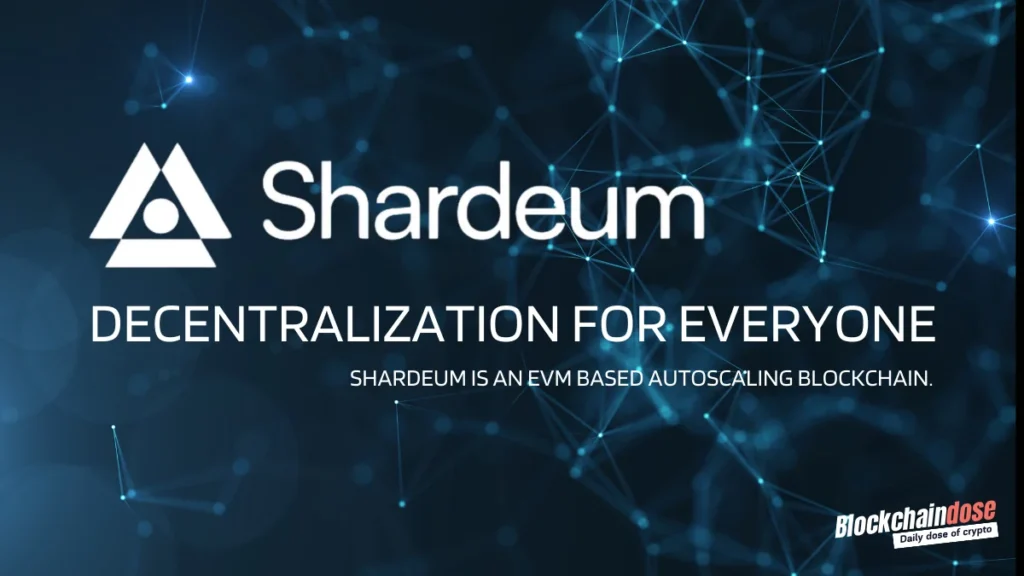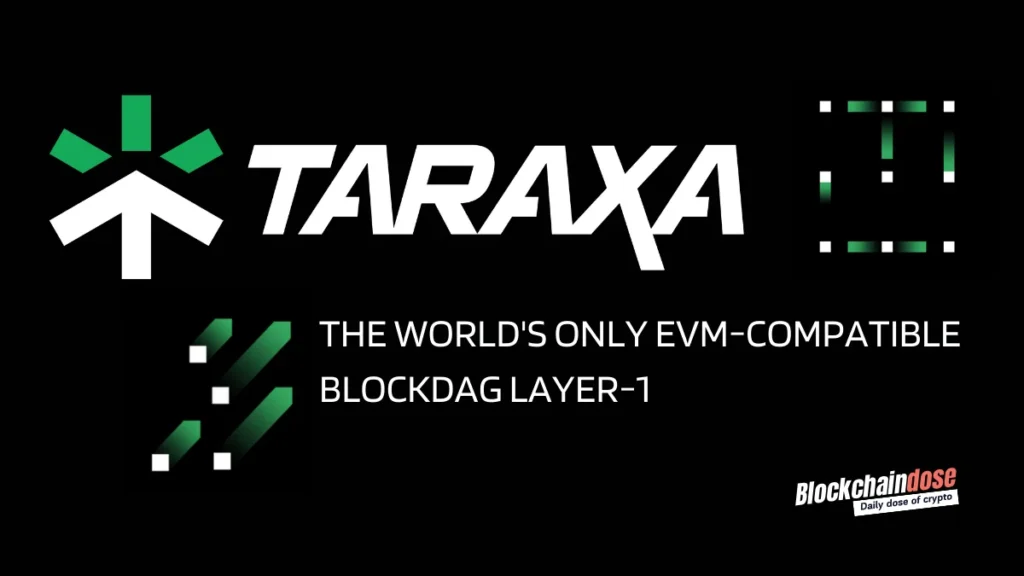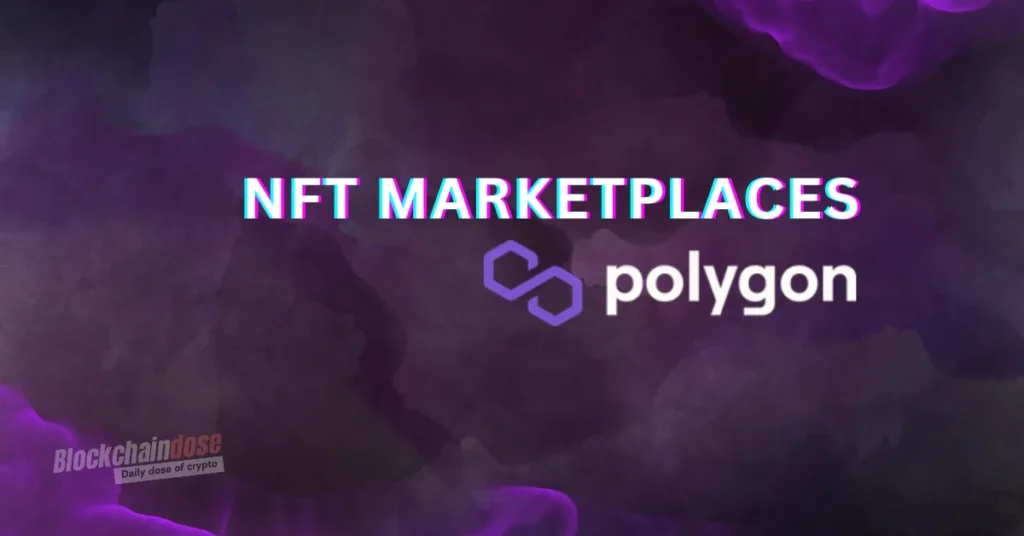NFT games are similar to regular video games because they allow players to sell, trade, and buy objects in exchange for in-game currency. However, NFT games let people to transfer their winnings to other games and exchange them for Bitcoin with other players. These platforms have recently acquired popularity and have attracted the interest of both gamers and non-gamers because of their unique design and business prospects.
The NFT gaming market is experiencing rapid growth, with the market size estimated to reach $471.90 billion in 2024 and projected to grow to $942.58 billion by 2029, at a Compound Annual Growth Rate (CAGR) of 14.84% from 2024 to 2029.
Aside from making money by playing games, there are other career opportunities in this field. These jobs include commercial responsibilities like brand market analysts, market studies analysts, and business development managers, as well as technical roles like NFT game developers and blockchain engineers.
How NFT Games Work?
Non-fungible tokens (NFT) are used to set the rules, player movement, and interactions between players. When playing an NFT game, players can find, make, purchase, exchange, or spend NFTs to build a character.
Developers typically use smart contracts, a special kind of contract built on blockchain technology, for building NFT games. Smart contracts are implemented directly into the blockchain and start working as soon as an established list of conditions are met by the game.
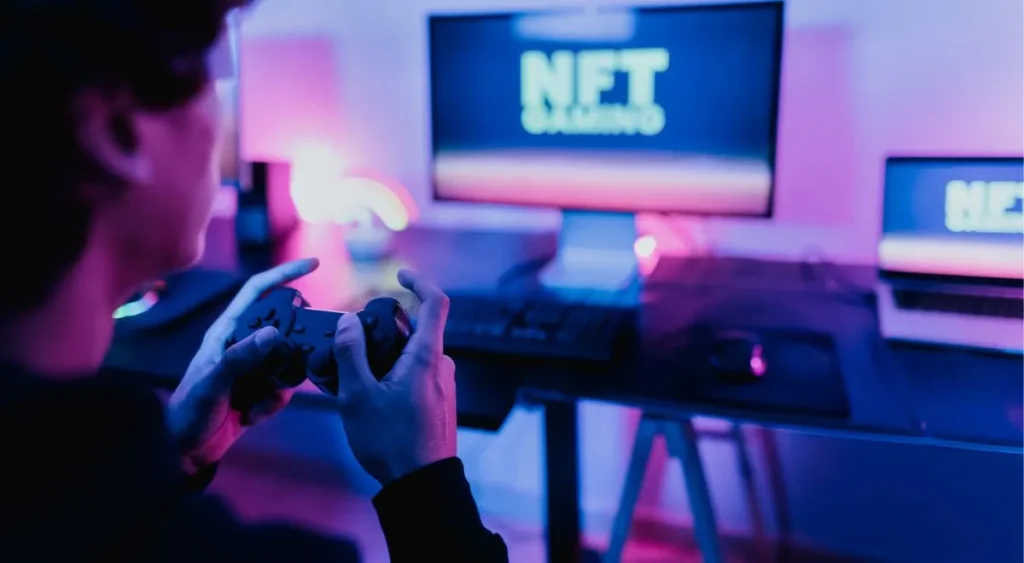
NFT games are different from many video games because the value of in-game items gets over into non-gaming circumstances. When players fulfill the conditions, smart contracts transfer ownership of in-game NFTs to them. Gamers have three options: they can sell their NFTs outside of the game, transfer them to another gaming platform, or keep using them in the game.
The two main platforms for NFT gaming are Ethereum and BNB Chain. While some use collecting cards like Sorare, others offer a fighting experience with collectible characters like CryptoBlades and Axie Infinity.
Types of NFT games
The two types of NFT games, each with a slightly different design, are available for users to play or develop with NFT and blockchain technology. Both features can also be found in a single NFT game:
1. Play-to-earn NFT games:
Users can make money by playing play-to-earn NFT games. A player receives tokens and sometimes NFTs as rewards, the longer they play, the more they can earn. The game’s crafting process frequently requires the tokens that are obtained.
Since tokens can be consistently obtained through gameplay and NFT drops are more dependent on chance, the token technique is typically the more reliable of the two. Play-to-earn has gained significant traction among users in low-income nations as an alternative or replacement for social security or fixed income.
The economic impact of NFT gaming has been significant, with some players in developing countries replacing or supplementing their salaries through free play-to-earn games. This trend has been particularly notable in countries like the Philippines, where the jobless rate reached 17.6% in April 2020, with 4.138 million unemployed Filipinos.
2. In-game NFT games:
Another method to get money while playing NFT games is through in-game NFTs. Rather of earning a fungible ERC-20 currency like SLP in Axie Infinity or SKILLS in CryptoBlades, you gain NFTs that represent collectible things. This is how NFT games are traditionally made money: through gameplay mechanisms. The cosmetics, difficulty, and gameplay utility of an item will determine its value.
CryptoKitties is one example of a game that relies only on the collection of in-game NFTs. The element of chance is necessary in order to continue playing and making a consistent living. Play-to-earn and in-game NFTs are combined in the majority of more recent NFT games.
Trending NFT games:
There are several different NFT games available, most of them on BSC and Ethereum. Some focus primarily on the collectibility of NFTs, while others provide more conventional video game experiences.
Here are some trending NFT games
- Axie Infinite
- Axie Infinity uses a gameplay structure similar to Pokemon, with battles and collection species. Users of Axie Infinity can potentially earn money by trading Small Love Potions (SLP), Axies, and Axie Infinity Shards (AXS) on the Ethereum blockchain. Trading is available on Binance for both SLP and AXS.
- Splinterlands
- Splinterlands is a blockchain-based collectible card game in which Gamers make a card collection of cards with various abilities such as hiding, forcefield, and heal. Using these cards and abilities, players are able to get in combat with one another. Splintershards are the unique currency of Splinterlands, which players may collect and trade to make money while having fun. Based on historical statistics on DappRadar, Splinterlands saw an explosion in popularity in mid-2021, going from 8.3k users on July 11th, 2021 to 492.13k users on October 31st, 2021.
- Gods Unchained
- Gods Unchained is an Ethereum-based tradeable NFT card game that looks similar Hearthstone or Magic the Gathering. In order to battle other players, players construct decks with various powers and strengths. You can use or sell the in-game things you find as you progress through the game. You can start earning Flux, which you can use to construct strong NFT cards, if you win Ranked games. After that, you may either sell them for a profit or use the money you made to buy more cards and start the process over.
- Alien Worlds
- With almost 8 million lifetime miners, Alien Worlds was the first blockchain-based game to reach the 100,000-player mark. In Alien Worlds, you mine across seven virtual worlds in a metaverse for Trilium, the game’s cryptocurrency token. In this play-to-earn game, you can acquire Trilium by mining coins, hitting objectives, leasing virtual land, and engaging in player-versus-player combat. When they’re ready to pay out, players can remove their Trilium from the gaming environment.
- CryptoMines Reborn
- Another play-to-earn NFT game set in an alternate sci-fi environment is CryptoMines Reborn. This is an updated version of the original game, which is now known as CryptoMines Legacy. The goal of the CryptoMines games, which are built on the Binance (BNB) blockchain, is to have users look for the cryptocurrency $CRUX. Players attempt to explore the Reborn cosmos by gathering $CRUX, hangars, spaceships, fleets, and laborers, then trading it for Dark Matter.
How to earn money from NFT Games?
Making money from NFT games involves a combination of strategic gameplay, investment, and understanding the dynamics of the NFT market. Here are some ways to potentially make money from NFT games:
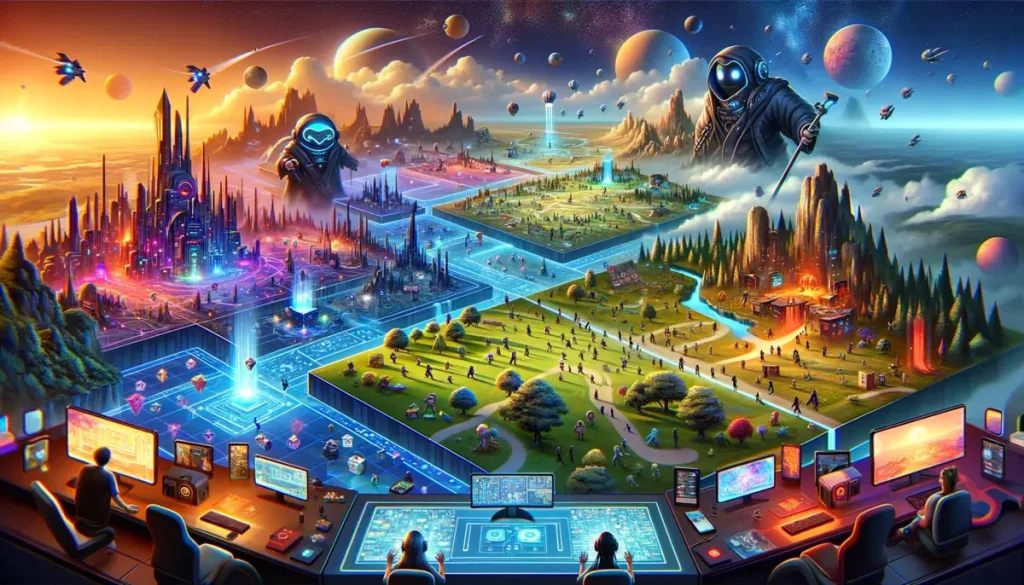
Play-to-Earn Mechanics:
Many NFT games have adopted a “play-to-earn” model, where players can earn valuable in-game assets or tokens by actively participating in the game. These assets can be traded or sold in the NFT marketplace for real money.
Earning Rare and Valuable NFTs:
Some NFT games feature rare, limited edition, or unique items that can be appreciated in value over time. Invest time and resources in acquiring these rare NFTs, and then sell them when their value increases.
NFT Trading:
Actively participate in the NFT marketplace associated with the game. Buy, sell, and trade in-game assets to capitalize on market trends and demand. Keep an eye on popular items and follow market dynamics to make informed trading decisions.
Participate in In-Game Events and Tournaments:
Many NFT games organize events, tournaments, or challenges where players can earn rewards, including valuable NFTs. Winning or performing well in these events can lead to the acquisition of valuable assets that can be sold or traded.
Blockchain Staking and Governance:
Some NFT games incorporate blockchain staking mechanisms or governance systems. By staking your tokens or participating in governance decisions, you may earn additional rewards or benefits, contributing to your overall earnings.
Content Creation and Streaming:
If you’re skilled at playing a particular game, consider creating content around it. Streaming gameplay, creating tutorials, or sharing insights can attract an audience. You can monetize your content through platforms like Twitch or YouTube and even receive tips or donations in cryptocurrency.
Collaborating and Partnership:
You can collaborate with other players, developers, or influencers within the NFT gaming community. Participating in collaborations and partnerships can open up new opportunities for earning, such as joint ventures, cross-promotions, or shared events.
Role of NFTs in Gaming Community:
NFTs provide Gamers an opportunity to participate in the game, which helps in building gaming communities. Players that hold NFTs have a physical asset that symbolizes their contribution to the game. Players may develop a feeling of community and ownership as a result of this. Also, NFTs encourage player involvement in the game’s economy by providing advantages and incentives for trading and possessing them.
There are yet more advantages to using NFTs in games. Furthermore, NFTs can give game creators a means of funding their work and rewarding early supporters. Through the sale of NFTs, game developers can make money to continue developing their projects, and those who are the first supporters will profit from the gradual increase in value of the NFT.
Also, read: Top 10 NFT Games to Earn Money in 2024
Future Challenges in NFT Gaming Community
Several difficulties and possible obstacles might come up as NFT gaming grows further. To properly manage these issues, it is important that creators and players in the NFT gaming arena are aware of them. Here are a few possible challenges in the future:
Scalability Issue:
Scalability issues may arise if these games become more and more popular. The user experience may be affected by problems like high gas costs and delayed transaction times on blockchain networks. To solve these issues, innovations in blockchain technology and layer 2 scaling solutions will be essential.
Uncertainty in Regulations:
The cryptocurrency and NFT regulatory environment is continuously changing. Governments everywhere are creating regulations, and uncertainty in this field might affect the growth of non-fungible token gaming. For these games to become widely used and be successful in the long run, more transparent regulatory frameworks are necessary.
Interoperability Issues:
It can be difficult to get multiple NFT gaming platforms and ecosystems to work together. It could be challenging for players to transfer their assets between games or platforms without interruption. The development of standards for connectivity will be essential to the NFT gaming industry’s overall expansion.
Security and Fraud Concerns:
Due to its unknown and decentralized structure, blockchain technology may become the focus of fraud. Security issues, like frauds and breaches, may harm user trust. To maintain a secure NFT gaming environment, strong security measures and constant attempts to remediate vulnerabilities will be necessary.
Conclusion:
NFT gaming takes digital collectibles and provides rules for players to connect with each other’s NFTs. While some people want NFTs for their payment, others want them for their practical value. Many of these games work similarly to playing card games, however not everyone who collects cards wishes to play. New NFT gaming economies brought forward by game-fi have changed how people can now make money with NFTs. These days, earning money involves more than just collecting and luck—it also involves playing. With the market projected to reach $942.58 billion by 2029, NFT gaming is poised to become a significant force in both the gaming industry and the broader digital economy.
FAQ
NFT games are video games that use blockchain technology to give players ownership of in-game assets as non-fungible tokens. These games allow players to earn, trade, and sometimes sell unique digital items that have real-world value.
NFT games work by integrating blockchain technology to create and manage unique digital assets within the game. Players can earn or purchase these assets, which are stored on the blockchain as non-fungible tokens, allowing for true ownership and the ability to trade or sell them outside the game
To earn money playing NFT games, participate in play-to-earn mechanics by completing in-game tasks, trading valuable items, or selling rare NFTs you’ve collected. Choose popular games with active marketplaces and invest time to build valuable assets or skills within the game’s ecosystem.


